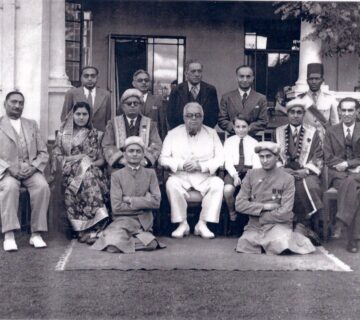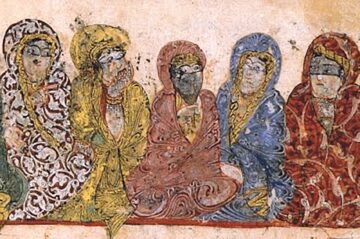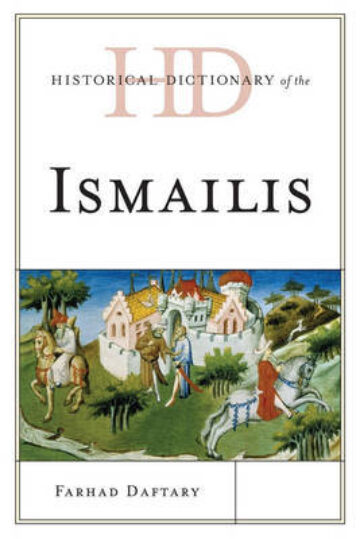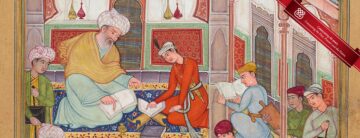Key words: Qur’an, revelation, recitation of the Qur’an, recording and codification of the Qur’an, tawhid, theocentric, divine-human relationship, shari‘a, legal principles, authority, nass, Ahl-al Bayt, ‘ulama, the role of the Imam, interpreting the Qur’an, guidance.
Abstract: In order to understand the Qur’an, this scripture has to be looked at in the context in which it was revealed, as well as the purpose it serves and how it is interpreted by different sects of Muslims. This is what this article does; the author starts by looking briefly at the life of Prophet Muhammad to whom this religious text was revealed details including his temperament and his standing in Meccan society.
Jiwa then covers issues such as the importance of recitation of the Qur’an, the method used for codification, what the Qur’an says about the divine-human relationship, the role of man and man’s stature in relation to Allah. The contentious issue of who has the legitimacy or authority within the Muslim community to give guidance is also explored.
The Shi’i idea is that guidance can only come from someone who has been bestowed with ‘ilm, whereas, the Sunni interpretation is that the ‘ulama (religious leaders) come to occupy this position of authority to interpret the Qur’an and give guidance in today’s society to Muslims all around the world.
Author

Dr Shainool Jiwa
Head of Constituency Studies Research Unit and Associate Professor
Dr Shainool Jiwa is a specialist in Fatimid studies, and an Associate Professor at The Institute of Ismaili Studies. Dr Jiwa’s latest publication, The FatimidsMajor Muslim dynasty of Ismaili caliphs in North Africa (from 909) and later in Egypt (973–1171) More 2: The Rule from Egypt (2023), is a World of Islam series title, for which she also serves as the series General Editor. She is the author of The Fatimids: The Rise of a Muslim Empire (2018), and co-editor of The Shi‘i World: Pathways in Tradition and Modernity (2015), and The Fatimid Caliphate: Diversity of Traditions (2017).






